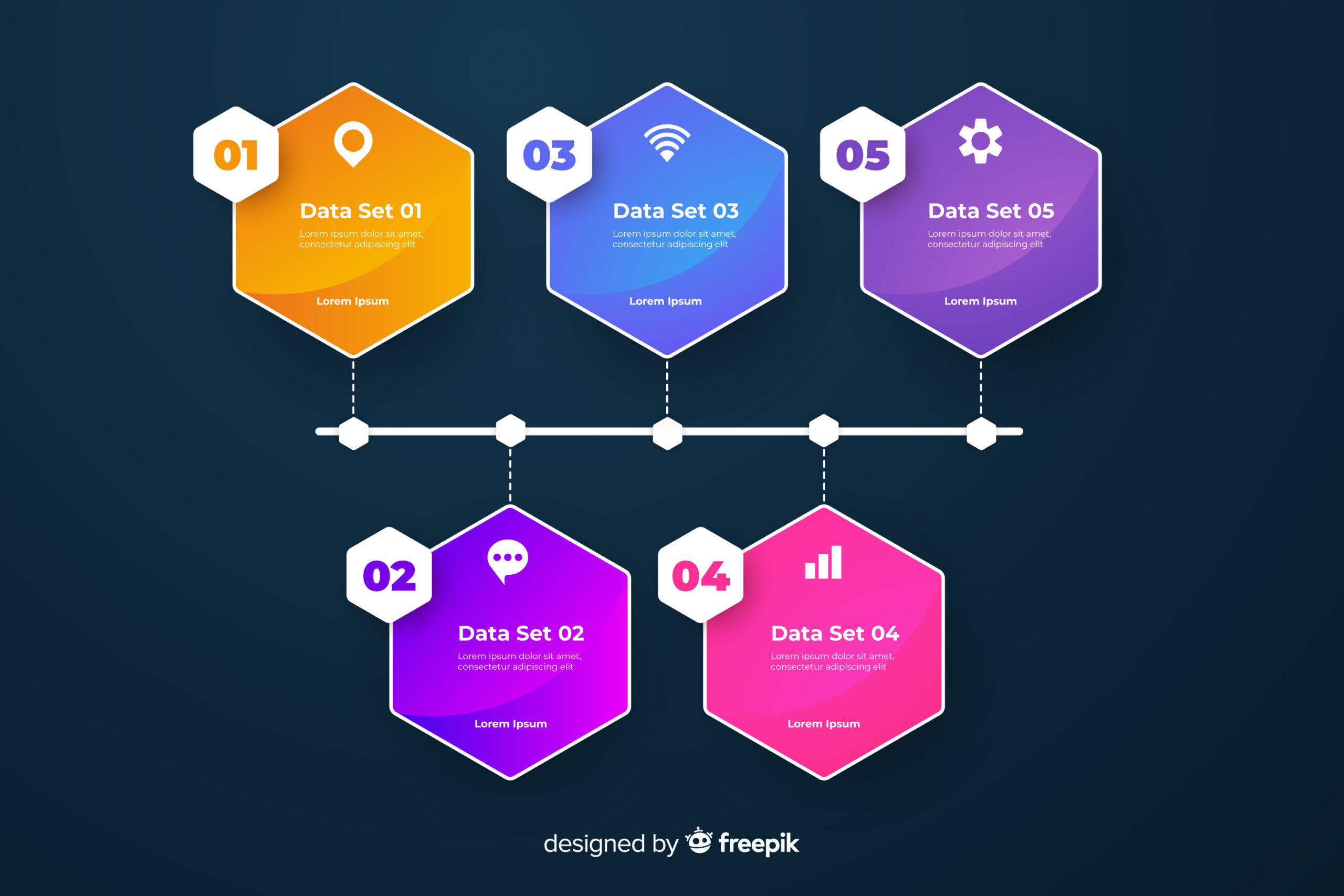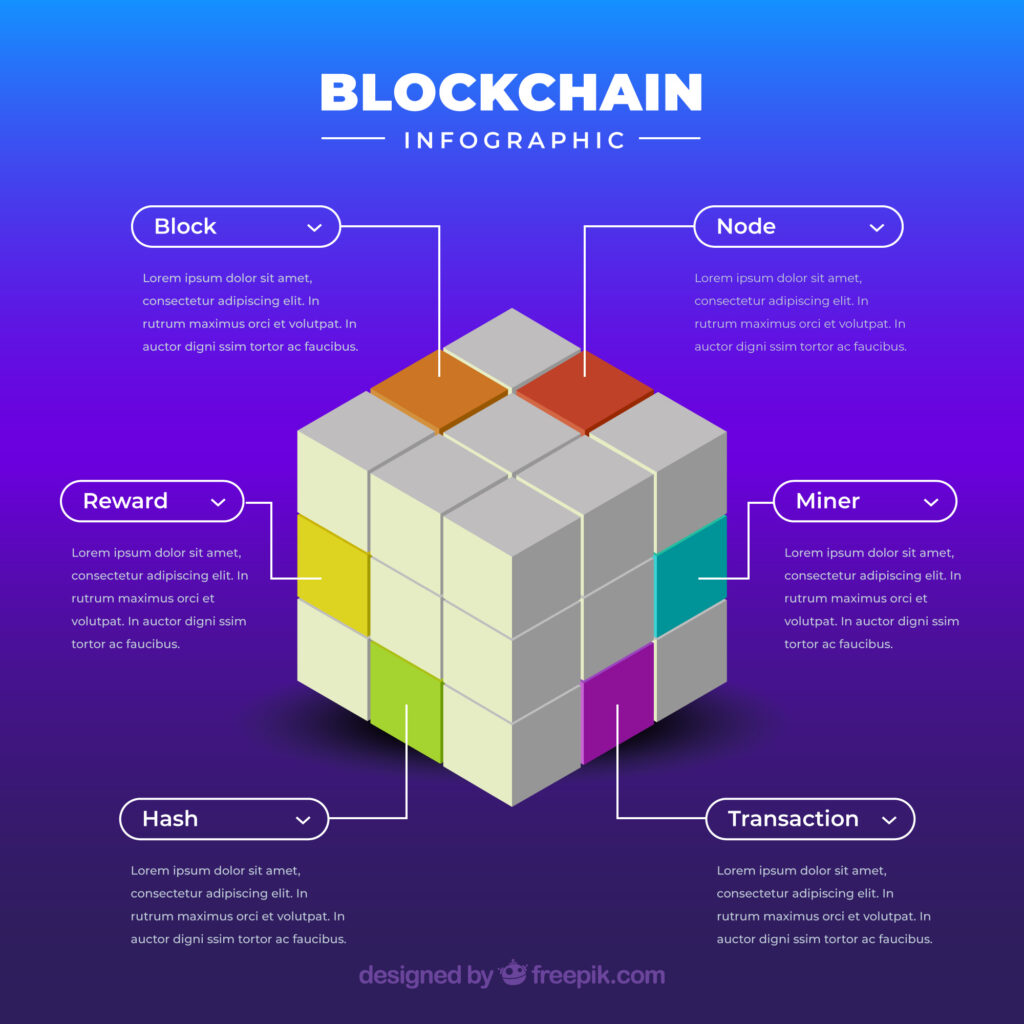Understanding Ethereum: Beyond Cryptocurrency
Introduction Ethereum, launched in 2015 by Vitalik Buterin, is more than just a cryptocurrency. It’s a decentralized platform that enables developers to build and deploy smart contracts and decentralized applications (dApps). This article delves into what makes Ethereum unique, its use cases, and its future potential.
What is Ethereum? Unlike Bitcoin, which is primarily a digital currency, Ethereum is a blockchain platform with a built-in programming language called Solidity. This allows developers to create smart contracts—self-executing contracts with the terms directly written into code.
Key Features
- Smart Contracts: These are self-executing contracts with the terms of the agreement directly written into lines of code. They automatically enforce and execute contract terms.
- Decentralized Applications (dApps): These applications run on the Ethereum network and operate without any central authority. Popular dApps include games, financial services, and social networks.
- Ether (ETH): The native cryptocurrency of the Ethereum network, used to pay for transaction fees and computational services.
Use Cases
- Decentralized Finance (DeFi): Ethereum powers a wide range of DeFi applications, enabling users to borrow, lend, and trade assets without intermediaries.
- Non-Fungible Tokens (NFTs): Ethereum is the leading platform for creating and trading NFTs, unique digital assets representing ownership of digital or physical items.
- Enterprise Solutions: Companies use Ethereum for supply chain management, identity verification, and other enterprise-level applications.
Challenges and Solutions Ethereum faces challenges such as scalability and high gas fees. Ethereum 2.0, an upgrade to the network, aims to address these issues by transitioning from a proof-of-work (PoW) to a proof-of-stake (PoS) consensus mechanism, improving scalability and reducing energy consumption.
The Future of Ethereum With the implementation of Ethereum 2.0, the platform is expected to become more scalable, secure, and sustainable. This could open up new possibilities for dApps and DeFi, further solidifying Ethereum’s position in the blockchain ecosystem.
Conclusion Ethereum’s ability to facilitate smart contracts and dApps sets it apart from other cryptocurrencies. As the platform continues to evolve, it holds the potential to revolutionize various industries, making it a key player in the future of blockchain technology.


